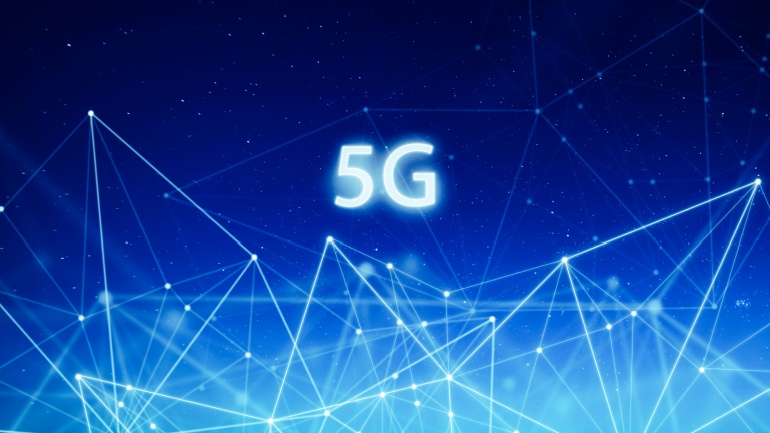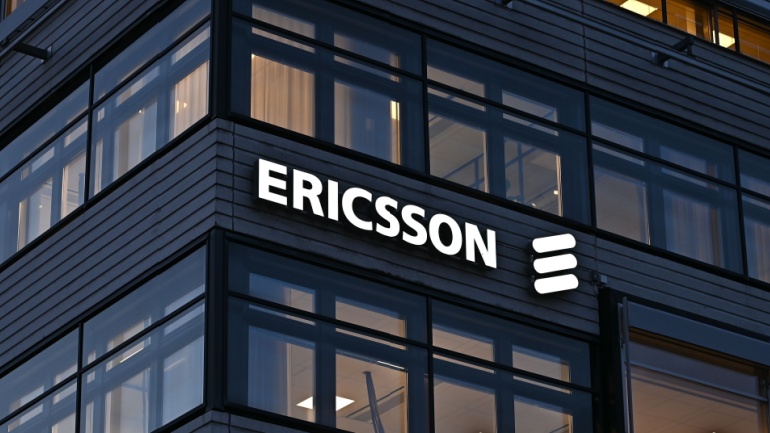In a pivotal tech development, Delta Airlines aligns with T-Mobile, dedicating their efforts towards promoting 5G technology advancement. The vast integration will transform over 60,000 workflows, enhancing operations from check-in to lift-off. To support this evolution, Delta plans to implement a T-Mobile 5G hybrid network at its Atlanta headquarters. As part of its ongoing telecom development, T-Mobile recently concluded a $290 million 5G network expansion in Louisiana.
Embracing certain compliance measures with the U.S. ‘Clean Network’ program, Nokia seemingly reduced its orders with supplier Foxconn Industrial Internet, marking another move away from China-based telecoms equipment. Though these adjustments primarily impact specific equipment types, both entities express an unusual blend of caution and resilience.
In spite of a 14% drop in sales, Ericsson has reported an impressive expansion in gross margin to 42.7%, largely credited to the resilience of its product portfolio and strict cost reduction measures. Maintaining its market leadership amid economic uncertainties, Ericsson anticipates further shrinkage in the RAN market for the rest of the year.
Comcast, the US cable giant, is expanding its prepaid Now brand with new fixed and mobile offerings in response to the impending closure of the Affordable Connectivity Programme (ACP). This initiative aims to attract consumers affected by the conclusion of the federal assistance program.
LogRhythm, the company helping security teams stop breaches by turning disconnected data and signals into trustworthy insights, is holding its revamped cybersecurity summit, RhythmWorld Europe, to elevate cybersecurity collaboration. RhythmWorld Europe will bring together industry experts and professionals to share key knowledge to overcome the most pertinent modern threats. The summit returns for a second year following its successful European launch in 2023 and will take place on 30th April 2024 at CodeNode, London.
Letta’s recent report underlines the fragmentation faced by the European telecoms sector, with its 27 separate national markets serving a mere average of five million customers. Highlighting the necessity for unification and increased scale for cost-effective innovation, the report aims to strengthen the sector’s competitiveness, fueling new advancements like edge computing and IoT.
The smartphone industry is gearing up for a seismic shift as generative Artificial Intelligence (GenAI) capabilities become mainstream. According to the latest forecast from Counterpoint Research, the global shipment of GenAI-capable smartphones is expected to grow at an impressive compound annual growth rate (CAGR) of 65% between 2024 and 2027.
The UK Government’s newly established Critical Imports Council aims to lessen the disturbance of essential goods flow from unpredictable global supply chain disruptions. Business and Trade Minister, Alan Mak, highlights strengthening critical goods supply against real-world crises through collaborative efforts with industry experts. With representation from diverse sectors including telecommunications, the council will focus on assessing risks and creating robust mitigation strategies.
Microsoft is collaborating with UAE’s AI firm G42 in a landmark move aimed at accelerating AI innovation across such sectors as finance, healthcare, and education, with a considerable investment. This move, merged with strategic geopolitical consideration, has sent ripples across the global telecommunications industry, indicating a shift in its dynamics.
Telecommunications heavy hitter T-Mobile finds itself under scrutiny as fixed wireless service providers in Maine, New York, and Maryland report disruptions attributed to T-Mobile’s 5G operations. Bloosurf has appealed to the FCC, seeking a refrain on T-Mobile’s 5G functions where they intersect with its own services, stirring up a complex debate hinging on a 1977 FCC decision regarding interference.













